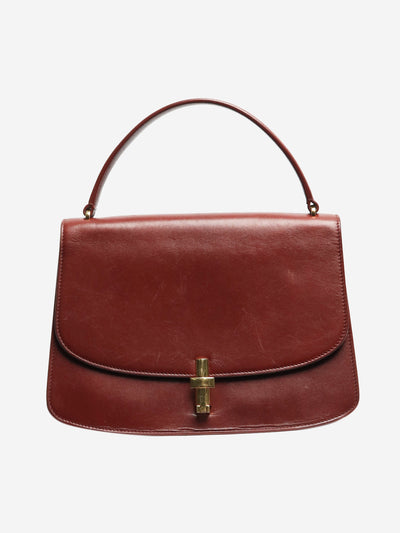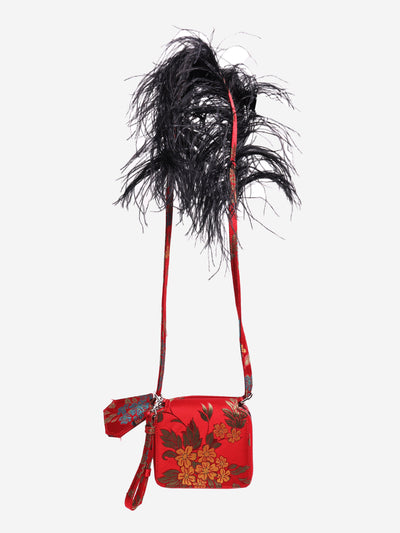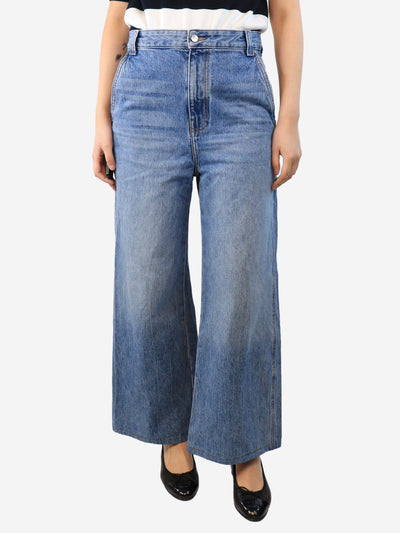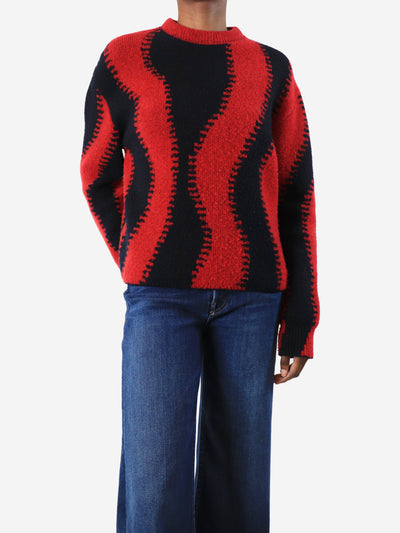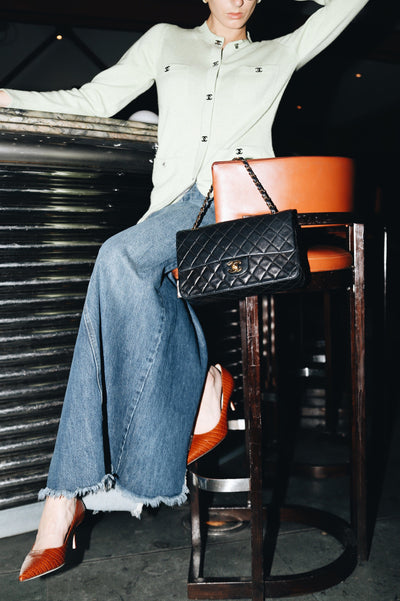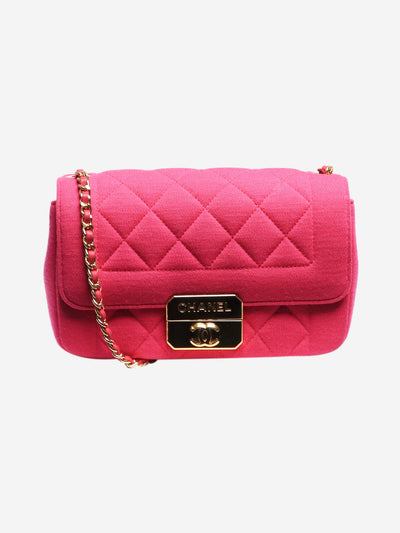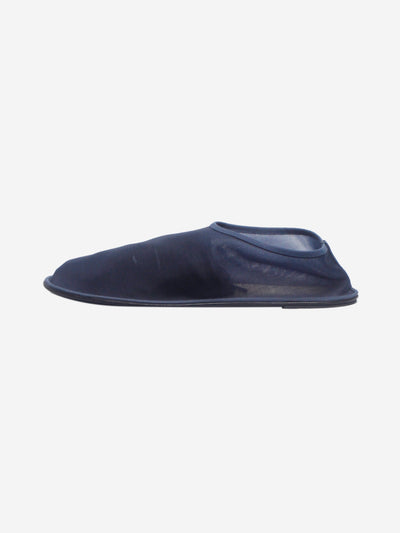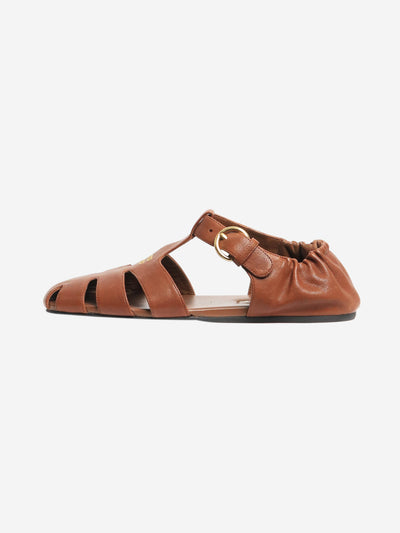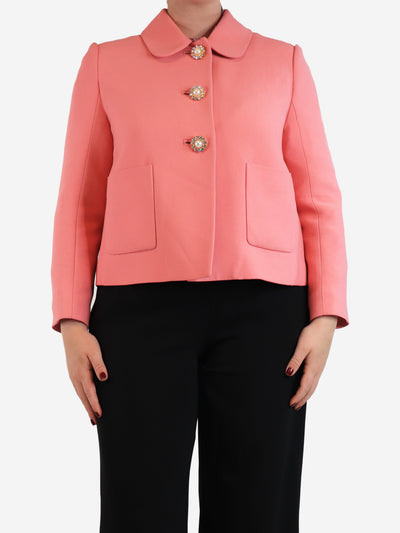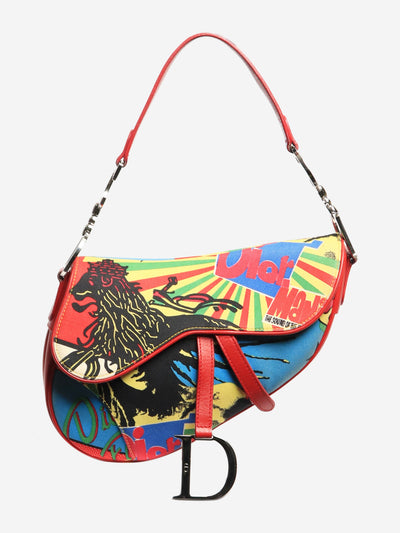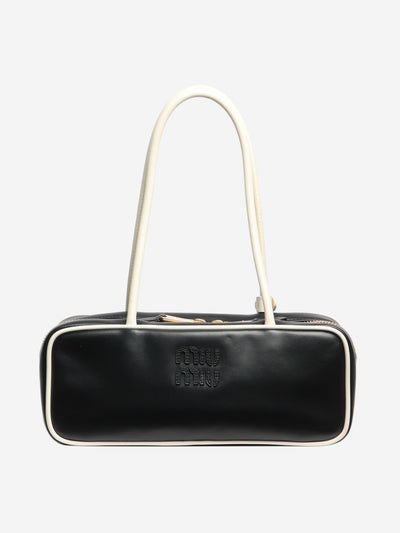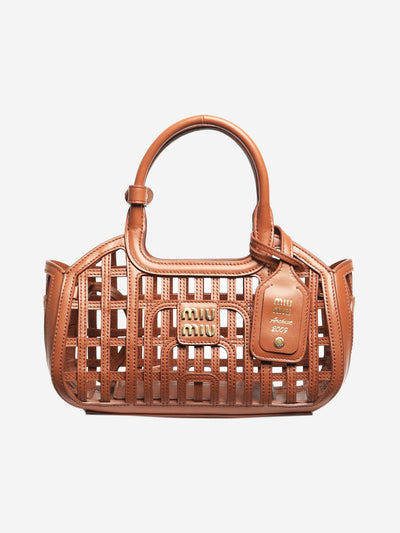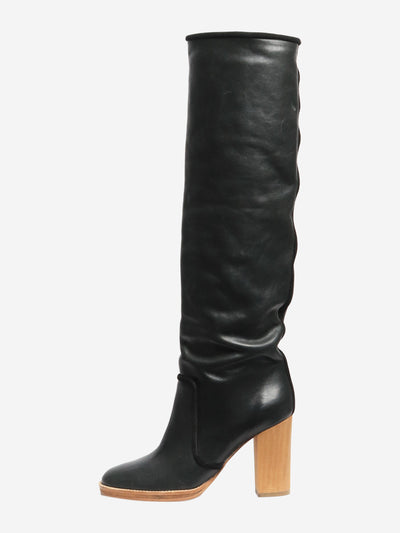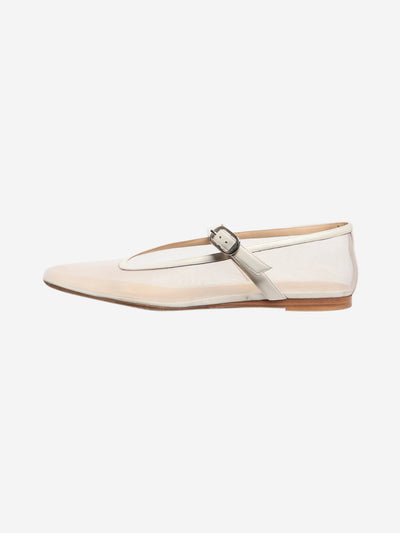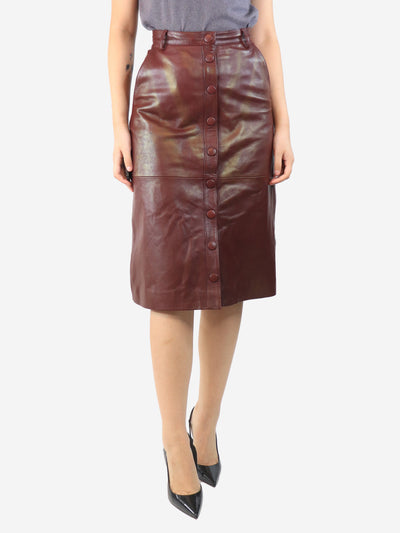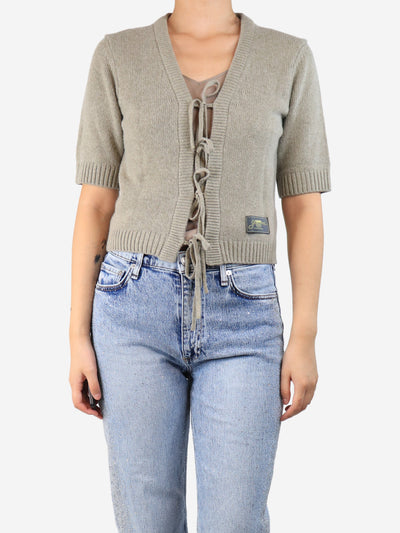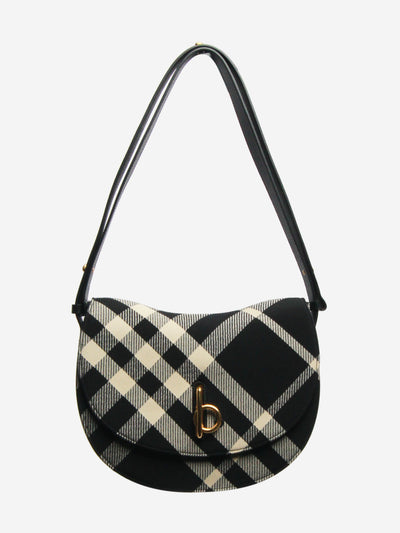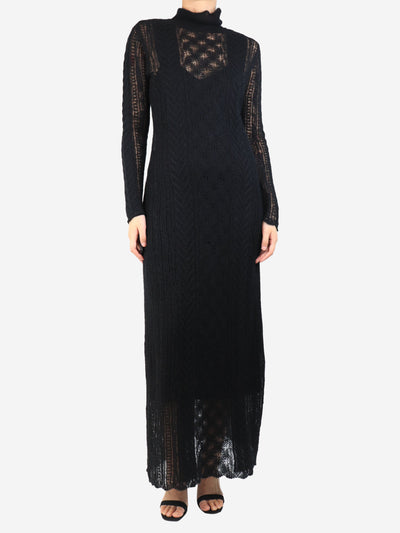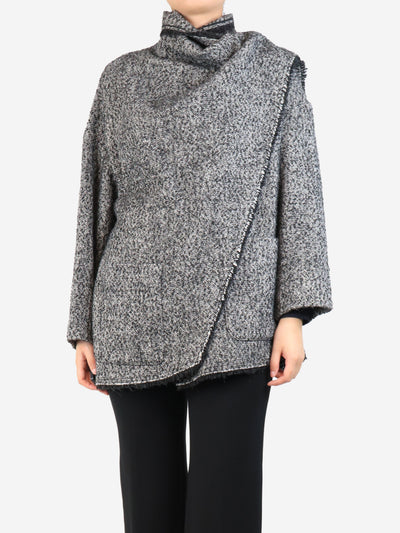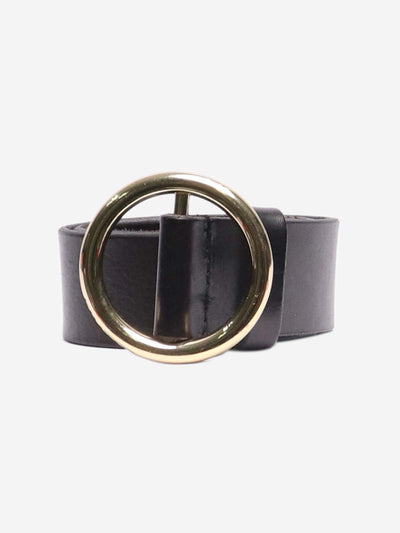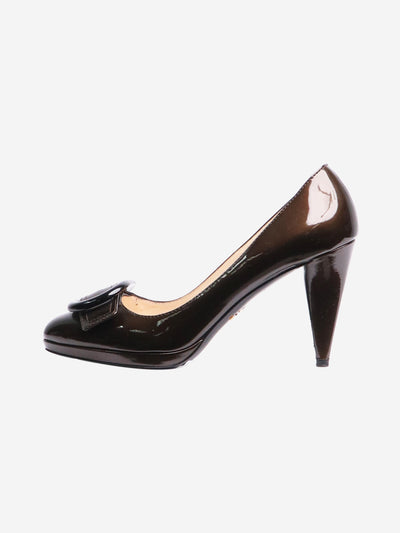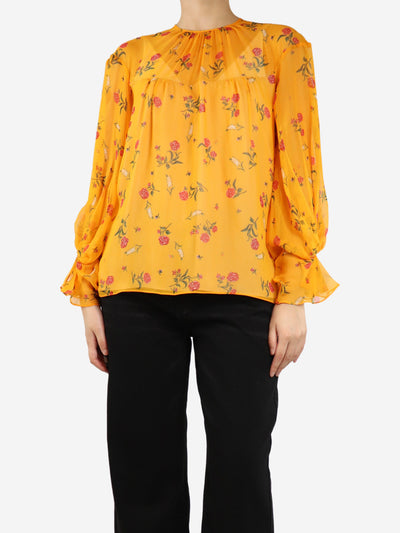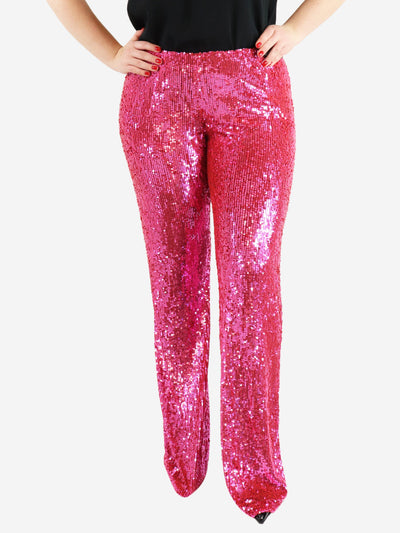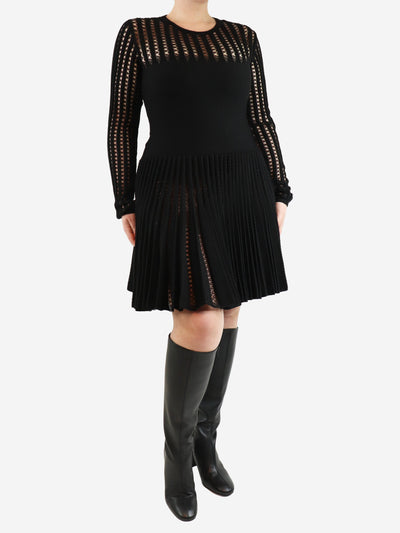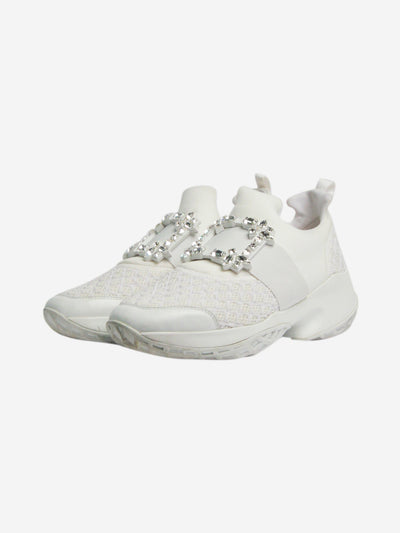Is the Second-Hand Luxury Market Recession-Proof?
Posted on

By Antonia Johnstone, CEO of Sign of the Times
I was recently asked whether Sign of the Times, one of the UK’s most established second hand luxury resale businesses, is recession-proof. It is a good question and one that speaks to broader trends in the resale economy.
The economic landscape: cautious optimism
The UK economy saw modest growth of 0.7% in Q1 2025. While technically positive, it did not feel like a recovery for many businesses. Behind the figures, consumer confidence remains low, discretionary spending is under pressure, and AI continues to reduce traditional roles, particularly across middle management.
In the United States, a market that typically drives global retail trends, uncertainty and volatility have created shockwaves across multiple industries. This backdrop is shaping behaviour in both primary and secondary markets, including second hand luxury resale.
Why resale is resilient, not recession-proof
The term “recession-proof” is often used, but it oversimplifies the dynamics at play. A more accurate description is recession-resilient. Here are three reasons why resale, and specifically Sign of the Times, remains robust (not unaffected) in the current climate.
Consumers are getting smarter
In a downturn, people do not stop buying. Instead, they make more considered choices. Shoppers in the second hand luxury space increasingly seek quality, style, and brand prestige at accessible prices. Luxury resale enables them to stretch their budgets without compromising on quality, style or brand reputation. Pre-owned fashion offers exceptional value in the second hand luxury sector and supports more sustainable consumption.
Resale offers accessible price points
Vinted, for example, has an average order value of around £20. This puts it firmly in the realm of casual, disposable purchases. At Sign of the Times, we operate within the accessible second hand luxury tier, where customers are still willing to invest, so long as the product represents clear value.
Good pieces still sell and service becomes more important
Even in challenging conditions, people will buy if the item is worth it. We continue to see strong interest in authenticated designer handbags, curated vintage, and timeless second hand luxury pieces, particularly when items are well-priced and verified. The market may shift, but demand does not disappear. We must also go over and above to serve our customers in a high-quality way with investment into operations and customer experience.
What this means for business
A tough economy tests every brand. It pushes businesses to tighten operations, revisit pricing strategy, and build more meaningful relationships with their customers. The bar is higher. Customers are more informed. The competition is stronger. Those who succeed are those who adapt quickly, stay lean, and focus on continuous improvement.
At Sign of the Times, our goal has always been to offer authentic second hand luxury with excellent service and lasting value. That remains just as relevant in 2025 as ever before.
So, is Sign of the Times recession-proof?
No business truly is. But we could perhaps be considered more recession-resilient than regular luxury retail, particularly within the second hand luxury market.
Want to see our collection? Discover the best pre-owned designer pieces at Sign of the Times and experience the unique value of the second hand luxury market.
Written by
Sign of the Times
Published at
-
-
- Choosing a selection results in a full page refresh.
- Press the space key then arrow keys to make a selection.
